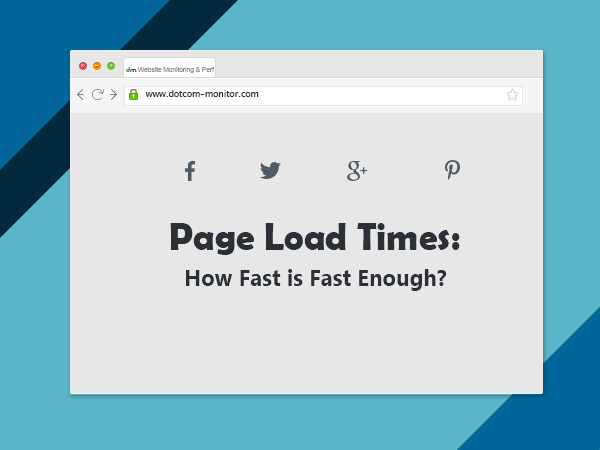Page Load Times: How Fast is Fast Enough?
Page load times have a significant effect on your business. Potential customers will lose interest if you make them wait too long. Even the slightest improvement in website speed will increase conversions.
More importantly, Google’s search algorithm considers page load times when deciding which sites show up on the first page of search results and which ones go on page ten. Customers won’t even be able to find you if your site takes too long to load.
Beat the Competition
Remember that old joke about two hunters running away from a bear? One hunter stops to put on sneakers because he doesn’t have to outrun the bear – he only has to outrun his buddy.
If your pages load more quickly than your competitors’ sites, that improves your chances of appearing before them in Google’s search results. Your customers will notice the difference in their experience using your site vs. the competition, so they’re more likely to return.
You can see how your website speed stacks up against your competitors’ sites with Dotcom-Monitor’s Website Speed Test or Google PageSpeed Insights. You can test any site (including the mobile version) with those tools for free.
But seriously, how fast is fast enough?
According to Google’s Site Performance for Webmasters video, pages on ecommerce sites should load in 2 seconds at the most. Google themselves aim to have their pages load in 500 milliseconds.
That was way back in 2016 – eons ago in Internet Time. In 2018, the average web page load time is just over 1 second. You want your site to be faster than average, so aim for less than 1 second. But don’t stop there. Even 100 milliseconds of improvement can boost sales.
How Can You Speed Up Your Page Load Time?
Research web hosts to discover the fastest one that offers a plan that fits your budget. Don’t just take a web hosting company’s word for how short their load times are. A quick online search will turn up reviews of all the established web hosts. Shared hosting may be adequate for your needs, but you could experience slow-downs when another site on the same server gets heavy traffic. Dedicated hosting is the way to go for larger businesses.
Only you can accurately assess your web hosting needs. If you do opt for shared hosting, select a web host that offers plans with dedicated hosting so you can easily upgrade as your business’ needs change.
Larger websites with a global audience can gain speed improvements by using a Content Delivery Network (CDN). A CDN is a network of servers around the world that delivers content to users depending on their geographical location, among other factors.



